Chinese scientists have recently achieved precise total synthesis of sugar from carbon dioxide in the laboratory, marking a crucial step in artificial sugar synthesis.
The synthesis, which took more than two years to realize, was achieved by teams from the Tianjin Institute of Industrial Biotechnology and the Dalian Institute of Chemical Physics of the Chinese Academy of Sciences.
Their research was published on the renowned science journal Chinese Science Bulletin last week.
Sugar is a major source of energy for the human body and a key raw material for industrial fermentation. People mainly obtain sugar by extracting it from crops such as sugarcane.
However, the traditional method of extraction is limited by the energy conversion efficiency of plant photosynthesis. Moreover, the process of extracting sugar has been impacted by uncertain raw material supplies due to land degradation and shortages, ecosystem degradation and extreme weather and natural disasters caused by global warming.
Therefore, artificial sugar synthesis has been assiduously studied by the scientific community in recent years, and several scientists from around the world have contributed to the effort.
In their latest research, Chinese scientists adjusted high-concentration carbon dioxide and other raw materials in the reaction solution in accordance with certain proportions. With the help of chemical catalysts and enzyme catalysts, they obtained four kinds of sugars: glucose, allulose, tagatose and mannose.
The duration of the entire experiment was about 17 hours, much shorter than the time required for traditional methods of sugar extraction, according to Yang Jiangang, the lead author of the paper and associate researcher at the CAS' Tianjin institute.
The efficiency of sugar synthesis in this study is 0.67 grams per liter per hour, which is more than 10 times higher than the previous results achieved by scientists worldwide.
Yang said that the carbon dioxide-sugar conversion rate of glucose reached 59.8 nanomoles of carbon per milligram of catalyst per minute, which is the highest level of artificial sugar productivity known in the world.
The study also achieved precise control of artificial sugar synthesis.
"By controlling the catalytic effects of different enzymes, almost any type of sugar can be synthesized theoretically," Yang said.
Regarding the study, Manfred Reetz, a member of the German National Academy of Sciences Leopoldina, said that it's a particularly challenging task to convert carbon dioxide into sugars.
The achievement by Chinese scientists has provided a flexible, multifunctional and efficient sugar synthesis route, which opens a door for green chemistry, he said.








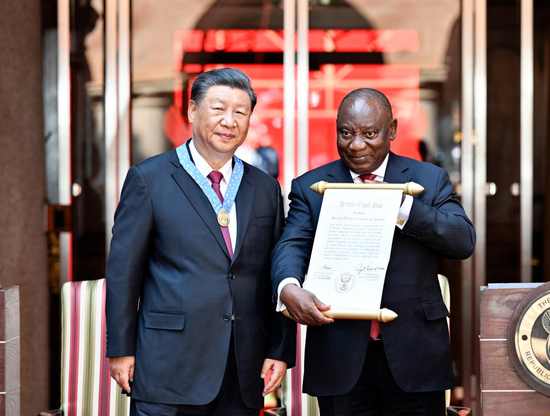

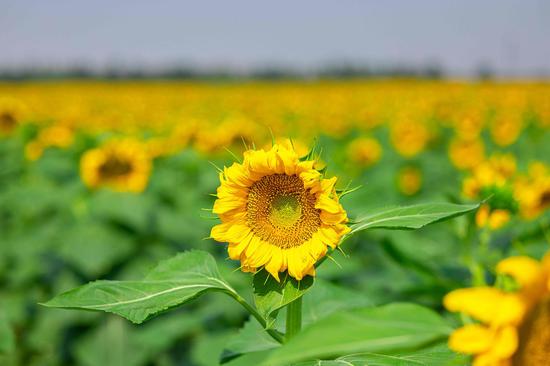



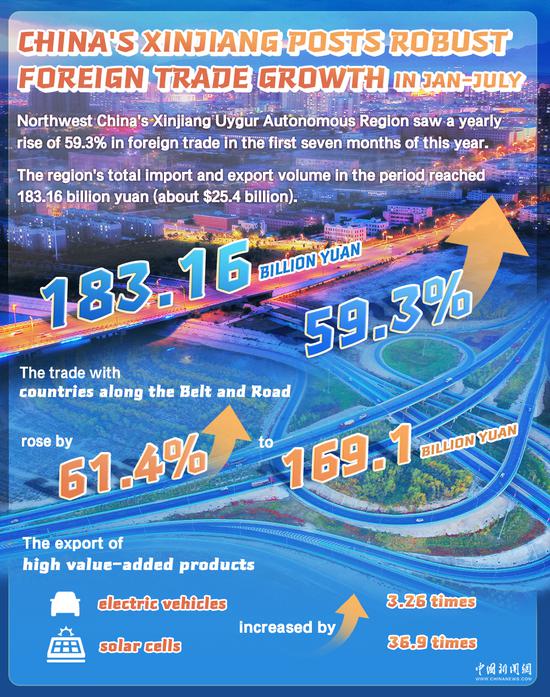


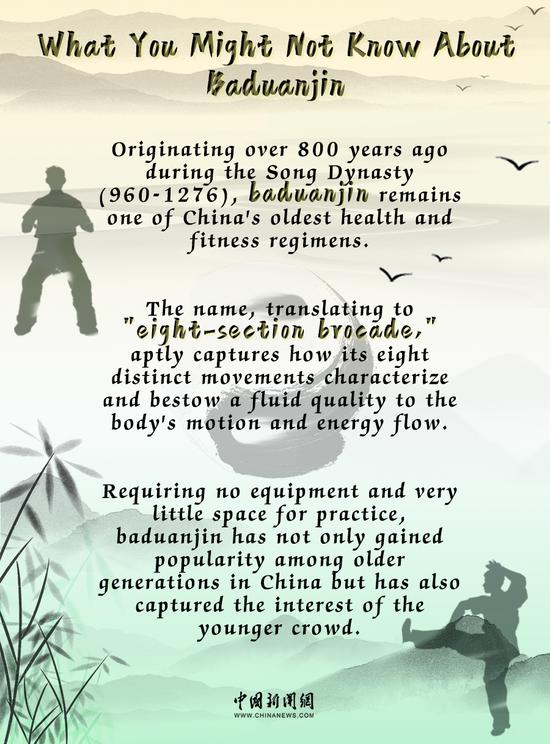

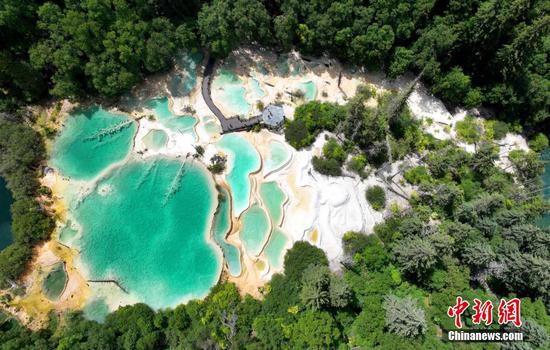

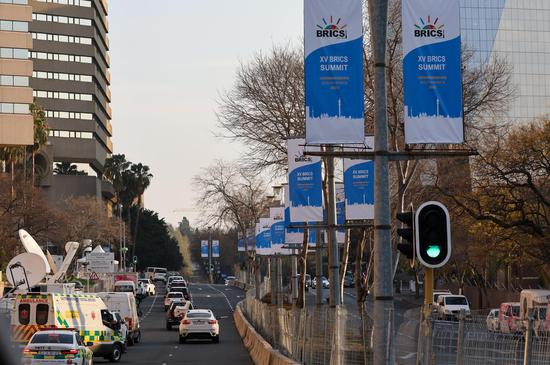




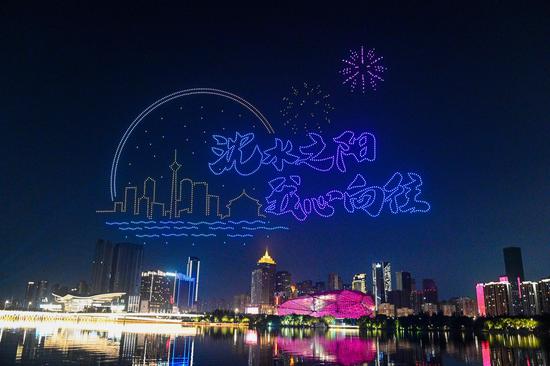

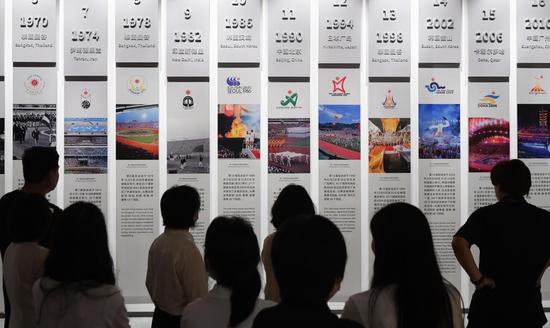

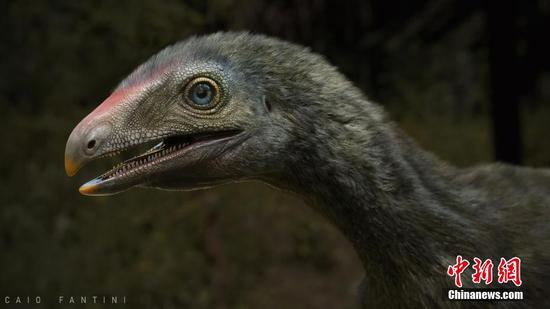



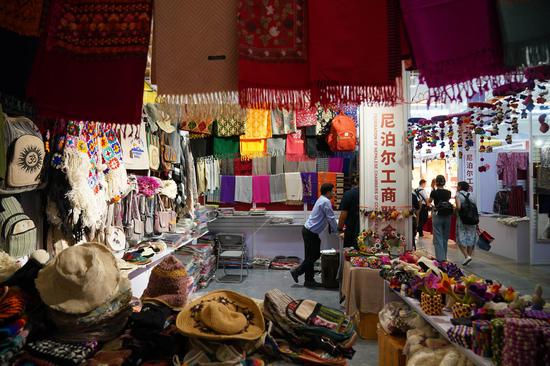
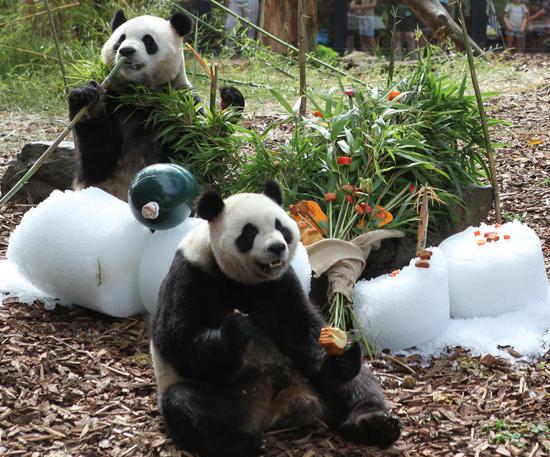




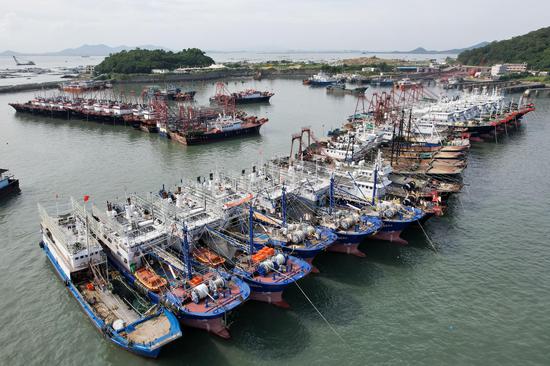
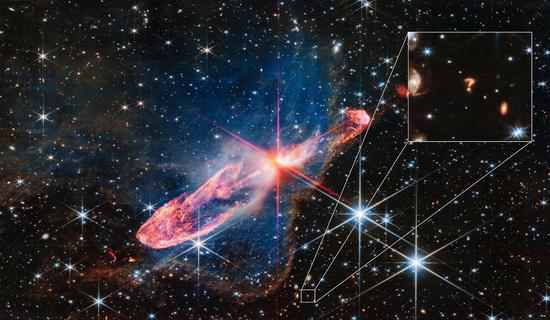

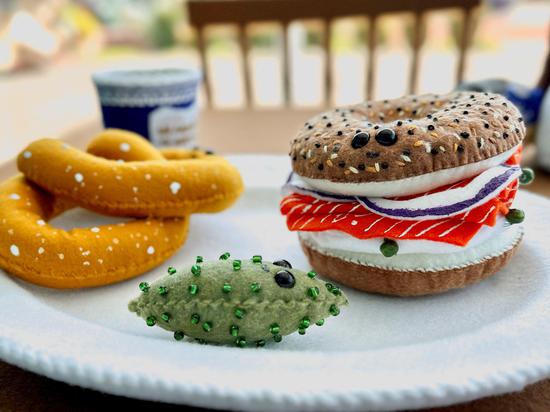
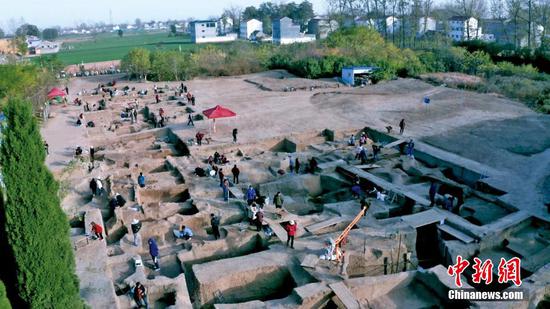





 京公网安备 11010202009201号
京公网安备 11010202009201号